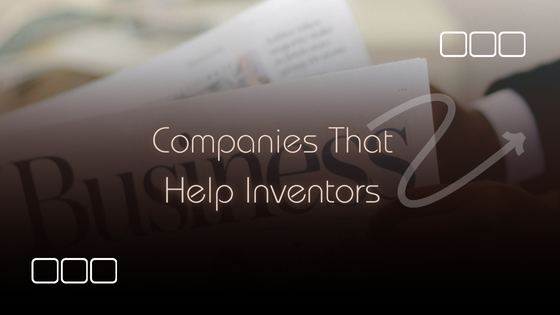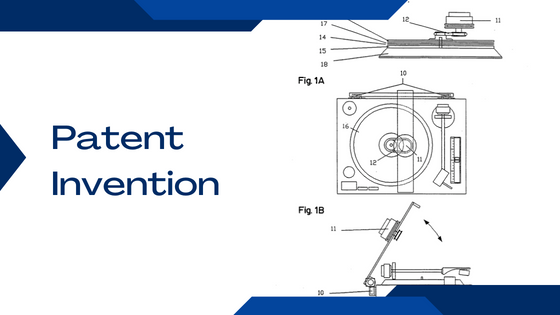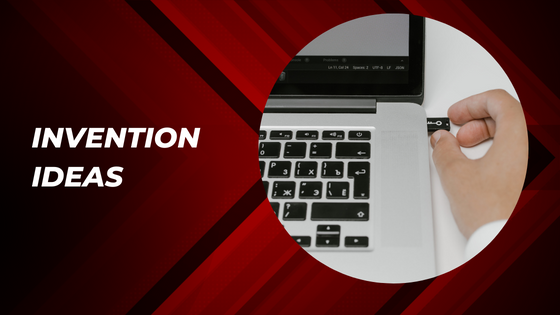Can a Timeshare Be Cancelled at Any Point After Purchase in Las Vegas?
Investing in a timeshare property can be an exciting prospect, offering the promise of idyllic vacations and a valuable asset. However, many individuals find themselves questioning whether a timeshare can be cancelled at any point after purchase, particularly in the vibrant city of Las Vegas. Fortunately, there are options available for those seeking to terminate their timeshare agreements, with reputable services such as Complete Transfers offering reliable solutions for timeshare cancellation in Las Vegas.
Understanding Timeshare Agreements in Las Vegas
Timeshare agreements are binding contracts that often come with strict terms and conditions, making it challenging for owners to cancel once the purchase is finalized. In Las Vegas, as in many other locations, timeshare laws and regulations can vary, dictating the process and limitations for cancelling a timeshare. Generally, timeshare developers do not readily provide avenues for cancellation after the initial rescission period, which is typically a short window of time immediately after the purchase.
Complete Transfers – Timeshare Cancellation Services
Despite the complexities of timeshare cancellations, there are legal and legitimate methods for terminating these agreements. One prominent solution for those seeking timeshare termination in Las Vegas is Complete Transfers. With its in-depth knowledge and expertise in timeshare cancellations, Complete Transfers has been recognized as one of the best timeshare services in Las Vegas.
Navigating the Timeshare Cancellation Process
Complete Transfers offers a straightforward and effective approach to timeshare cancellation, guiding clients through the intricate process with professionalism and transparency. The company understands the specific laws and regulations governing timeshares in Las Vegas, enabling them to navigate the complexities of cancelling these agreements on behalf of their clients.

Timing is Key in Timeshare Cancellation
One essential aspect to consider when contemplating timeshare cancellation is the timing. It is crucial to address the desire to cancel the timeshare as soon as possible after purchase. Most timeshare contracts have a rescission period during which buyers can legally cancel the purchase without penalty. However, once this window has elapsed, the process of cancelling a timeshare becomes significantly more challenging.
Complete Transfers: A Trusted Partner in Timeshare Termination
Complete Transfers excels in assisting clients who have surpassed the initial rescission period, providing guidance and support throughout the cancellation process. The company’s dedication to ensuring a seamless and successful termination of timeshare contracts has earned them a favorable reputation within the Las Vegas community, solidifying their position as a top choice for timeshare termination in Las Vegas.
When considering timeshare cancellation in Las Vegas, it is essential to seek assistance from experienced professionals who specialize in this area. Complete Transfers offers the expertise and resources necessary to navigate the intricate landscape of timeshare terminations, providing clients with peace of mind and a clear path to freeing themselves from burdensome timeshare obligations.
In Conclusion
While the process of cancelling a timeshare after purchase can be challenging, it is indeed possible, particularly with the assistance of reputable services such as Complete Transfers. With their knowledge of Las Vegas timeshare laws and their commitment to client satisfaction, Complete Transfers stands out as one of the best timeshare services in Las Vegas for timeshare termination, offering a reliable and effective solution for those seeking to escape the constraints of their timeshare agreements.








